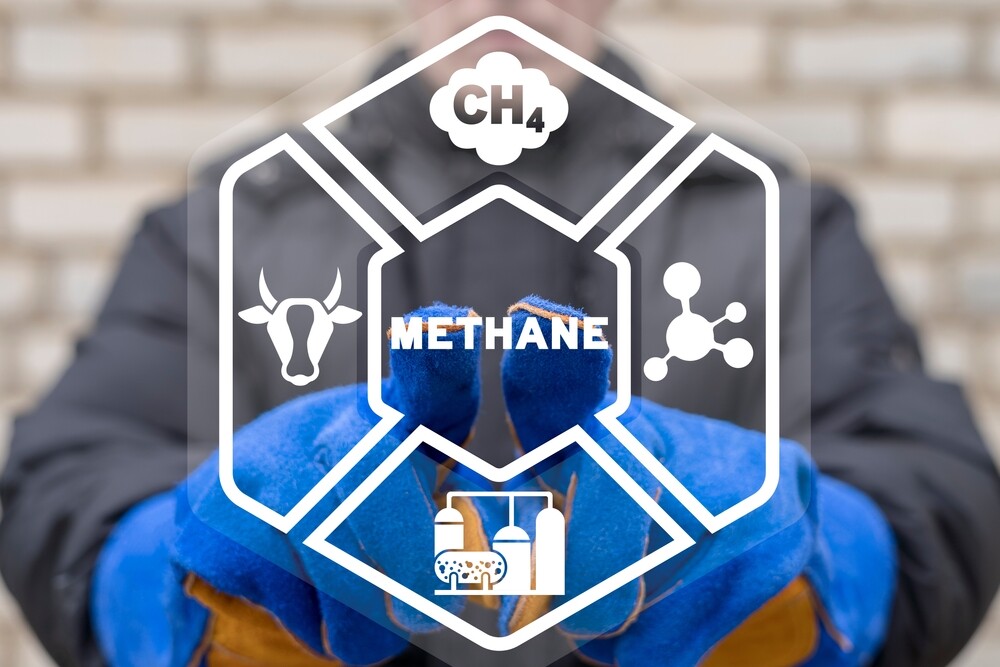TECHNOLOGY OVERVIEW
Developed at Concordia University, this cutting-edge technology offers an integrated solution for the simultaneous conversion of CO2 and CH4 into methanol, a storable form of energy.
The system operates through a novel hybrid electrochemical process that captures and converts biogas directly at the source—including agricultural sites and wastewater treatment plants—into methanol. This can then be used to generate electricity on-site via Methanol Fuel Cells (DMFC, RMFC), promoting energy self-sufficiency.
The device design ensures high energy efficiency and minimal operational costs. It is adaptable to different industrial settings and offers a scalable solution to GHG challenges across multiple industries.
Based on initial studies (in lab and in the field), it is expected that a lab device of 1.2 L can decrease CO2 and CH4 by 12,320 CO2-eq kg annually and simultaneously generate at least 27,445 × 103 ppm of methanol, only considering the methane emission generated by a barn with 50 cattle.
COMPETITIVE ADVANTAGES
- Low-voltage gradient to drive the conversion process.
- The device operates under ambient conditions.
- Modular design for easy integration into existing infrastructure.
- The conversion occurs using low-cost electrodes and simple electrolytes.
BUSINESS OPPORTUNITY
- Seeking industrial co-development partner
- Seeking investment
- Eligibility to government financing for industry/academic maturation program universitaire
MARKET APPLICATIONS
- Biogas capturing and conversion in exhausting system (cattle and dairy farming, industrial, cement plants, buildings, etc.)
- Denitrification in wastewater treatment plants.
- In situ storable fuels production
IP PROTECTION
- US Provisional Application



